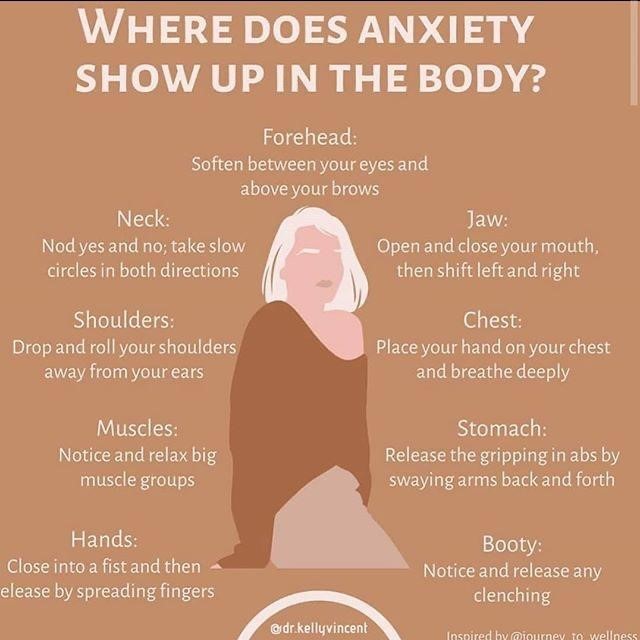A “heart attack” in the middle of the night
As my eyes blinked open, I felt a deeply uncomfortable pain in my chest. It was the middle of the night and I had awoken in a cold sweat, drenched and confused. I felt the deep pressure in my chest even more. It was a sensation I’d never felt before. My heart began to race. I could feel my heart beating rapidly. Fear struck me — I didn’t have any idea what was happening to me. My intuition kicked in: Focus on breathing. After several minutes of taking slow and deliberate breaths, in and out, I calmed myself down and lulled myself back to sleep.
A clean EKG
The next morning, I had no recollection of this unsettling event. Later in the day, though, my thoughts flashed back to what had happened the night before. Worry set in immediately. What was going on with my body? Was it a sign that I’m broken physically? What does this mean for my future? I felt completely out of control. Taking action was the only thing that seemingly calmed me down. I called my primary care physician. She was able to squeeze me in hours later. She did an EKG and told me that the results were the cleanest she had seen all day. I breathed a huge sigh of relief. OK, this is not a physical issue, I said to myself, reassuringly. Moments later, it hit me, if this was not a physical challenge I was facing, it was probably a mental one.
What I couldn’t run from anymore
Even though I recently transitioned to the social work field, I have been interested in mental health and the socioemotional lives of individuals for as long as I can remember. All this interest and experience converged to make my problem clear to me. It also forced me to face truths I’d been trying desperately to avoid. You see, I’d been choosing to ignore the way I felt about my personal well-being, most of my interpersonal relationships, my current social life and overall well-being. I had not been doing well in these areas, and felt stuck and was overwhelmed by trying to change them. The “heart attack” I thought I had the night before was, in actuality, a physical manifestation of my anxiety. While I knew intellectually that anxiety could affect your physical health, I learned the hard way just how true this could be.
Anxiety: building a shared definition
While my story is just one example of how anxiety can affect your physical health, there are many ways in which anxiety could impact you physically. First, it’s important to have a shared definition of anxiety. Anxiety is, in its most basic sense, an experience of fear. All humans experience anxiety at some point in their lives when they have reactions to stressful, dangerous or unfamiliar situations. Anxiety is your mind and body’s way to alert you to something that you’re fearful of. In fact, anxiety can be quite useful. Recognizing the signals that something isn’t right, anxiety can help people both avoid danger and make important and meaningful changes. While it’s a broad term that can mean many different things, there are some common ways it affects your physical health.
The physical effects of anxiety
Noticing the ways anxiety can affect your physical health is a powerful insight into better understanding yourself. A brief synthesis of several leading sources on anxiety, including the National Institute of Mental Health, Harvard Medical School and VeryWellMind identify the following as possible physical effects of anxiety:
- Muscle tension
- Aches and pains in your neck, shoulders, back
- Stomachaches and other digestive issues
- Nausea, diarrhea, frequent urination
- Headache and dizziness
- Migraines and dizzy spells
- Edginess
- Trembling
- Sweating
- Tiredness and Insomnia
- Trouble sleeping
- Shortness of Breath
- Hyperventilating
[Related: Physical Symptoms of Anxiety]
Considering the mind-body connection
If you experience any of these physical effects and haven’t been doing well in one or more areas of your life, these experiences might be telling you something. Try to be curious about them, be assured that it’s normal to feel scared, and if or when you want to address it, there are a vast number of resources to help you work through anything you might want to change.
[Related: The Mind-Body Connection]




